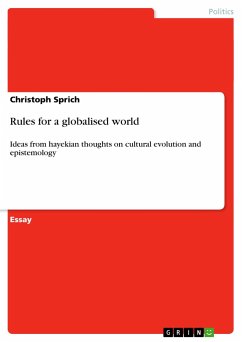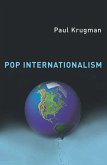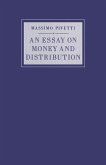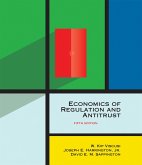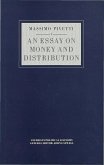Essay from the year 2004 in the subject Politics - Political Theory and the History of Ideas Journal, grade: 1,5, Mont Pelèrin Society (Mont Pelèrin Society), course: Biannual Essay Contest of the Mont Pelèrin Society, language: English, abstract: Hayek emphasises two requirements for an international order. Firstly the development of a framework of purpose-independent abstract rules and secondly the fields where true agreement between different kinds of 'weltanschauung' could be obtained. By regarding his first argument, in search of the origin of social rules, a critical examination of Hayek's theory of cultural evolution can show that in general the evolvement of rules needs to be guided by constraining rules of a higher level and that in the special case of rules for an international order such meta-rules could not be presupposed. Concerning the second requirement, the fields in which true agreement between cultures could be reached, his own epistemology can give us precious indications to the core of the problem. Hayek's epistemological argument of the boundedness of the human mind has shown us that intercultural agreement concerning specific objects could fail because of the absence of overlapping cognitive structures concerning the basis of those rules. The case of protected domains has served as such an example. Such problems could be theoretically examined by the new research program of the 'Cultural Economics' which combines the knowledge of a diversity of social sciences.
Hinweis: Dieser Artikel kann nur an eine deutsche Lieferadresse ausgeliefert werden.
Hinweis: Dieser Artikel kann nur an eine deutsche Lieferadresse ausgeliefert werden.

